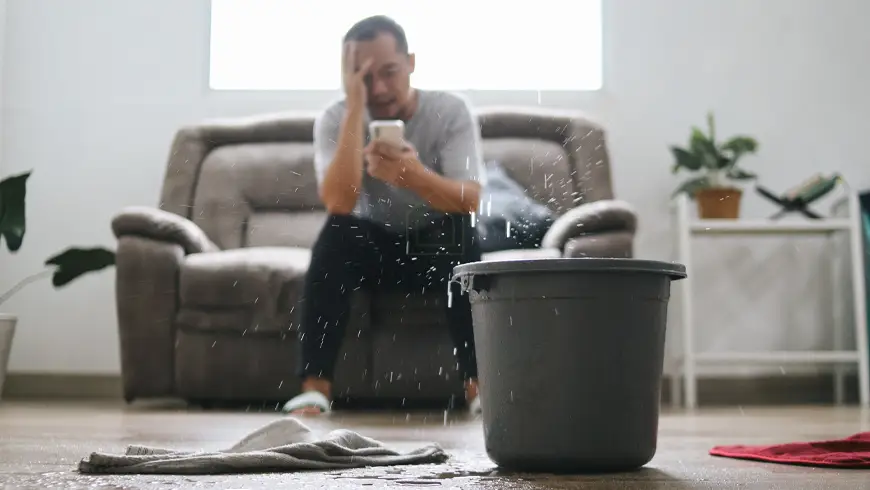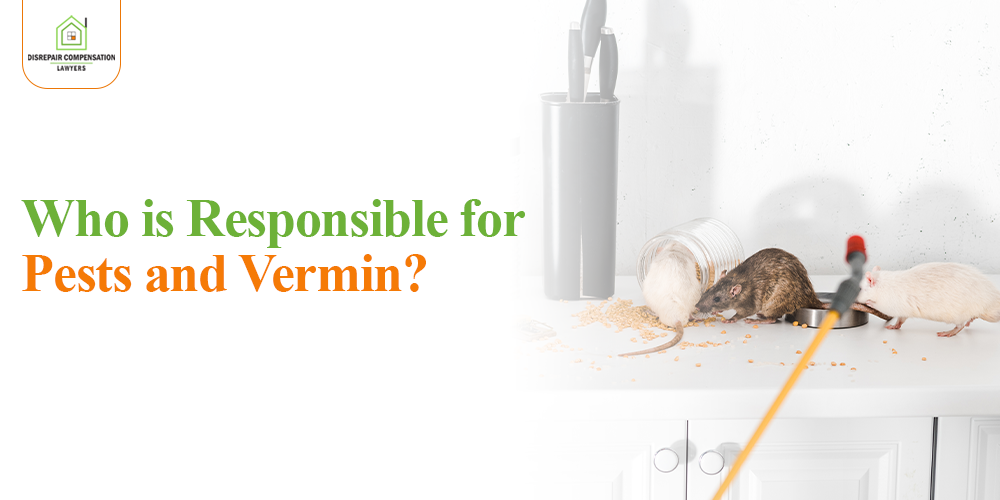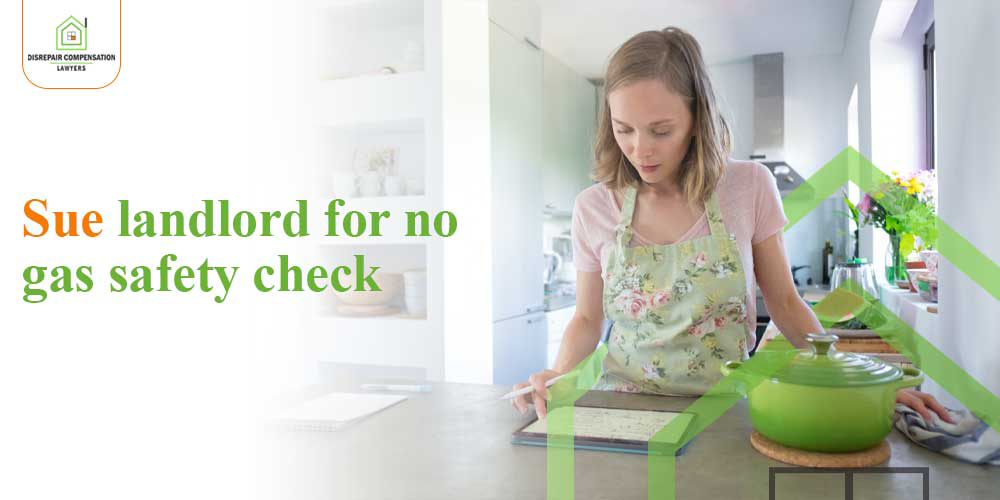Water leaks can be a homeowner’s worst nightmare. Not only do they cause immediate inconvenience, but they can also lead to extensive and costly damage if not addressed promptly. Whether it’s a dripping faucet or a hidden pipe leak, understanding the implications of water leaks and taking proactive steps to deal with them is crucial for maintaining a safe and comfortable living environment. This is particularly important when dealing with housing disrepair issues, where water leaks can exacerbate existing problems and create new ones. In this article, we’ll dive deep into the types of water damage, how to identify and fix leaks, and ways to prevent future issues. We’ll also cover the essentials of dealing with insurance when water damage occurs.
Types of Water Damage in a Property
Here are the common types of water damage that homeowners might encounter:
- Surface Damage
- Structural Damage
- Mould and Mildew Growth
Surface Damage
Surface damage is usually the first sign of a water leak. This type of damage is visible and can include things like water stains on walls and leak in ceiling, peeling paint, and warped floors. While surface damage might seem minor, it often indicates a more serious problem beneath the surface.
Structural Damage
When water penetrates deeper into the structure of your home, it can compromise the integrity of walls, floors, and ceilings. Structural damage can lead to dangerous conditions, such as weakened foundations and rotting wood. Addressing structural damage requires more extensive repairs and often the expertise of a professional.
Mould and Mildew Growth
One of the most insidious consequences of water damage is mould and mildew growth. These fungi thrive in damp environments and can spread quickly, causing health issues like allergies and respiratory problems. Mould and mildew can also damage the materials they grow on, leading to further structural issues.
Identifying and Locating Water Leaks

Common Signs of Water Leaks
Identifying water leaks early can save you a lot of hassle and money. Look for common signs such as:
- Unexplained increases in your water bill
- Damp or musty odors
- Visible mold or mildew
- Stains on walls, water leaking from ceiling or floors
- Sounds of running water when all taps are off
Tools for Detecting Water Leaks
Technology can be a homeowner’s best friend when detecting water leaks. Here are some useful tools:
- Moisture Meters: Measure the moisture levels in building materials.
- Infrared Cameras: Detect temperature differences that indicate moisture.
- Water Leak Detectors: These devices alert you to leaks in your plumbing system.
Hiring a Professional
Whether to tackle a leak or hire a professional depends on its severity and location. Small, easily accessible leaks might be manageable with the right tools and knowledge. However, for significant leaks, especially those involving structural components or hidden plumbing, it’s best to call a professional to ensure the job is done correctly and safely.
You can count on us. We are reliable housing disrepair compensation lawyers in the UK. Contact us at 0203 393 9267 or fill out the form to learn more about our services or check your claim eligibility.
Fixing and Repairing Water Leaks

Temporary Fixes for Water Leaks
When you first discover a leak, you might need a temporary fix to minimise damage until you can perform a more permanent repair. Some quick solutions include:
- Pipe Tape: Can temporarily seal minor leaks in pipes.
- Plumber’s Putty: Useful for sealing leaks around joints and fittings.
- Epoxy Putty: This can stop leaks in pipes, but it needs to be applied to a dry surface.
Permanent Solutions for Different Types of Leaks
Different types of leaks require different solutions:
- Leaking faucets: These are usually fixed by replacing worn-out washers or seals.
- Pipe Leaks: Often require replacing the damaged section of pipe.
- Roof Leaks: We may need new shingles, sealant, or flashing.
- Foundation Leaks: Typically involve sealing cracks with specialised materials and improving drainage around the foundation.
DIY Tips and Professional Services
For DIY repairs, ensure you have the right tools and materials. Basic plumbing leak repair tools like wrenches, pipe cutters, and sealants are essential. Always follow manufacturer instructions and safety guidelines. However, hiring a professional can save time and prevent further damage for major repairs or if you need more confidence in your skills. Professionals bring expertise and equipment that can effectively handle even the most challenging leaks. Contact us today!
Preventing Water Damage in the Future

Regular Maintenance and Inspections
Regular maintenance and inspections are key to preventing water damage. Check plumbing systems, roofs, and foundations periodically. Look for signs of wear and tear and address minor issues before they become major problems.
Installing Water Leaks Detection Systems
Installing water leak detection systems can provide early warnings of leaks, giving you time to act before significant damage occurs. These systems can be integrated with your home automation system and alert you via smartphone or other devices.
Effective Landscaping and Drainage Solutions
Proper landscaping and drainage solutions can prevent water from pooling around your home’s foundation. Ensure gutters and downspouts are clean and direct water away from the house. Consider installing French drains or other drainage systems to manage excess water effectively.
Insurance Coverage for Water Damage
Understanding Your Insurance Policy
It’s essential to understand what your homeowners insurance policy covers when it comes to water damage. Typically, policies cover sudden and accidental damage, but not damage resulting from neglect or poor maintenance. Read your policy carefully and consider adding additional coverage if necessary.
Filing a Water Damage Claim
If you experience water damage, document everything. Take photos and videos of the damage, and keep receipts for any emergency repairs. Contact your insurance company promptly to file a claim, providing all necessary documentation and details about the damage.
What to Do if Your Claim is Denied
If your claim is denied, don’t panic. Review the denial letter and understand the reasons for the denial. You may need to provide additional documentation or clarification. If you still disagree with the decision, consider hiring a public adjuster or seeking legal advice to help negotiate with the insurance company.
Conclusion
Water leaks and the resulting damage can be a significant headache, but with prompt action and preventive measures, you can protect your home. Regular maintenance, early detection, and knowing how to handle repairs are crucial. Understanding your insurance policy and being prepared to file a claim can also ease the financial burden. Stay vigilant and proactive to keep your home safe from water damage.
FAQs
What are the first signs of a water leakage?
The first signs of a water leakage include unexplained increases in your water bill, damp or musty odors, visible mould or mildew, stains on walls, water leaking from ceiling or floors, and sounds of running water when all taps are off.
Can I fix a water leakage myself?
Yes, you can fix minor leaks yourself with the right tools and knowledge. However, for significant leaks or if you’re unsure, it’s best to hire a professional to ensure the repair is done correctly.
How can I prevent water leaks in my home?
Prevent water leaks by conducting regular maintenance and inspections of your plumbing, roof, and foundation. Install water leak detection systems and ensure proper drainage around your home.
Does homeowners insurance cover water damage?
Homeowners insurance typically covers sudden and accidental water damage but may not cover damage due to neglect or poor maintenance. Review your policy to understand your coverage.
What should I do if my water damage claim is denied?
If your claim is denied, review the denial letter to understand the reasons. Provide additional documentation if needed, and consider hiring a public adjuster or seeking legal advice to help negotiate with the insurance company.







